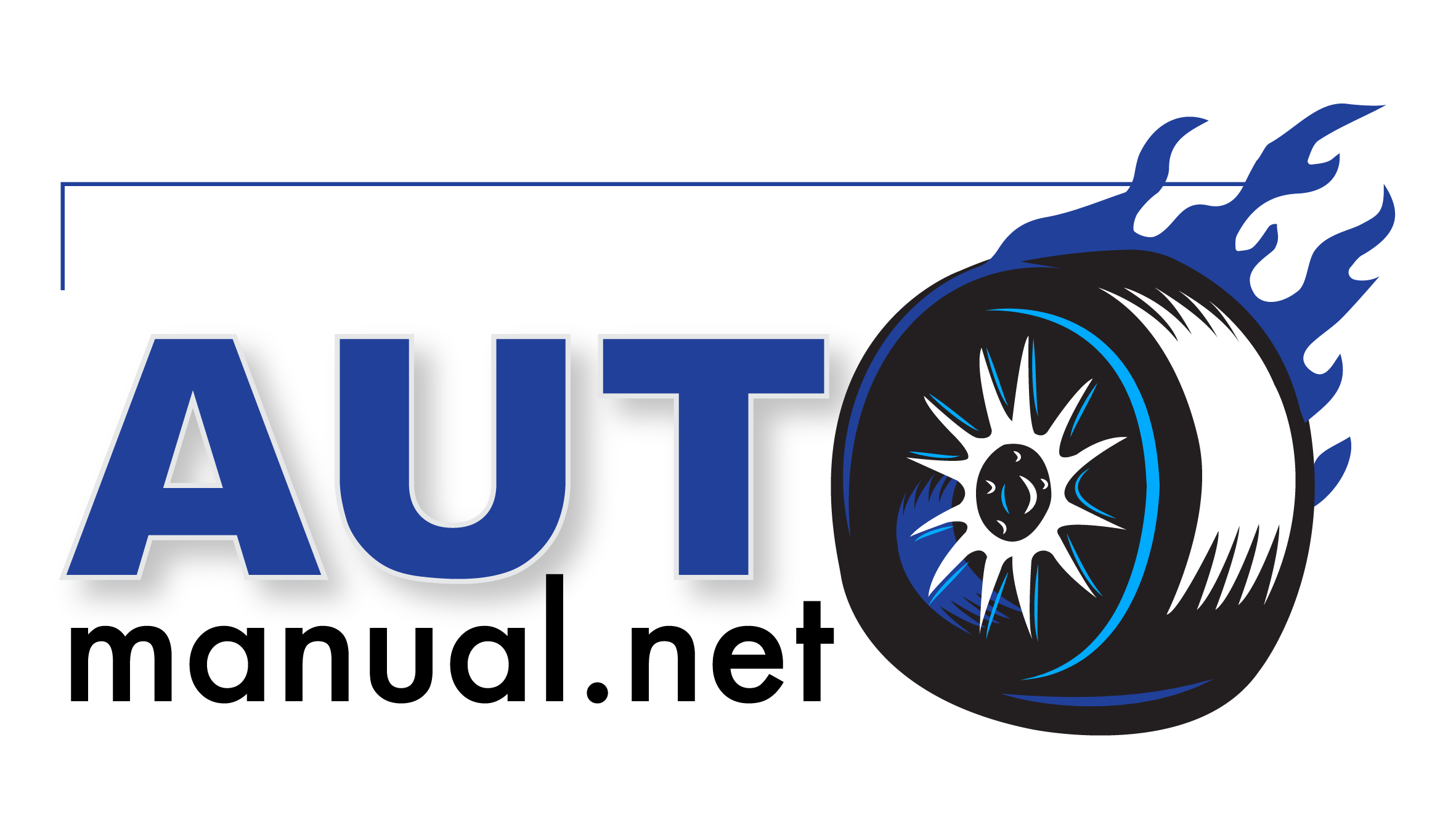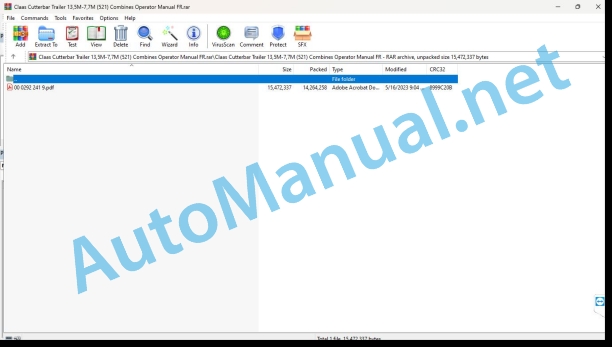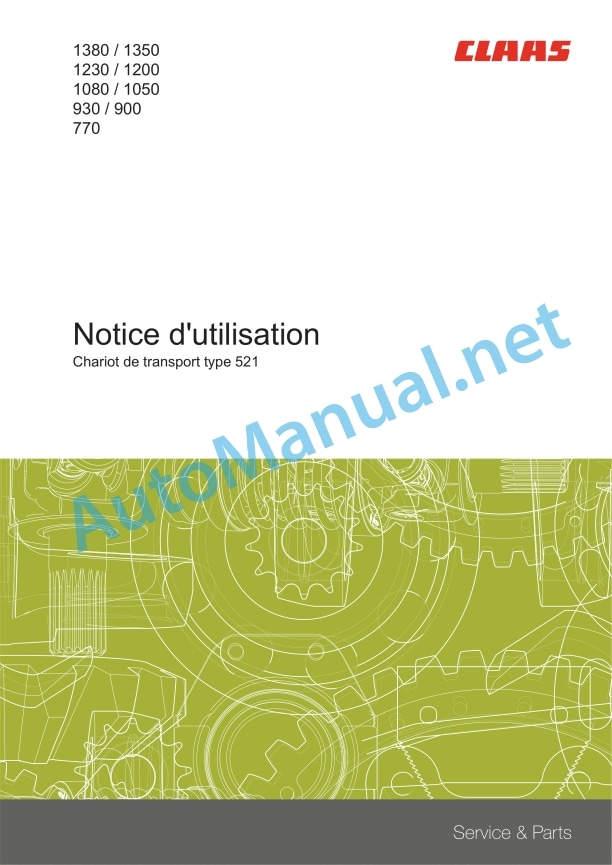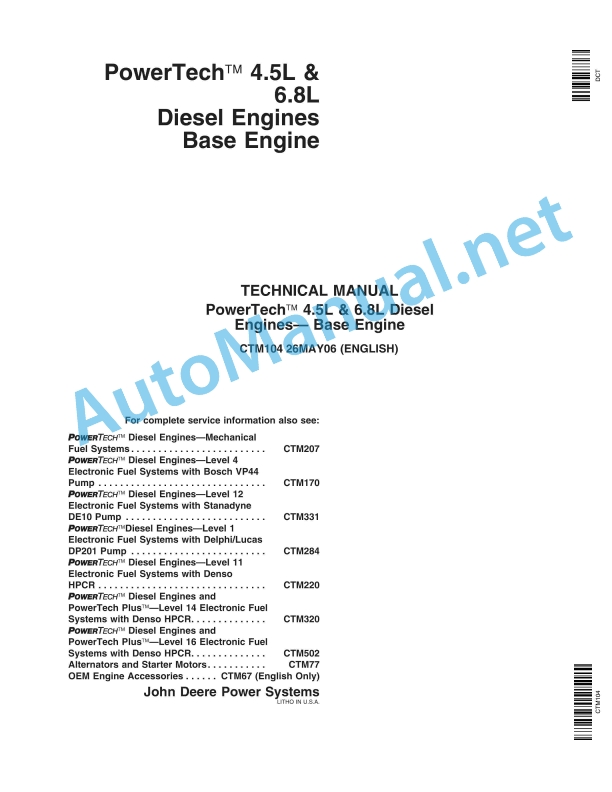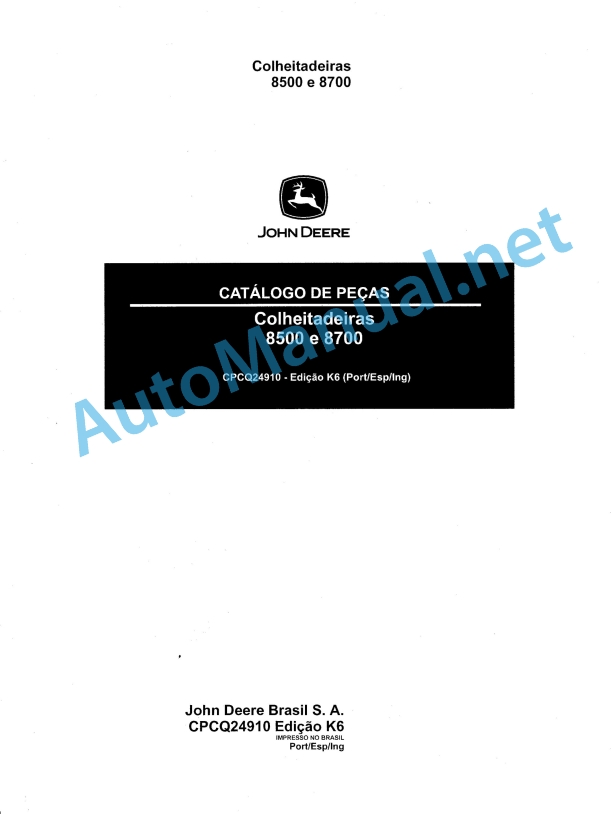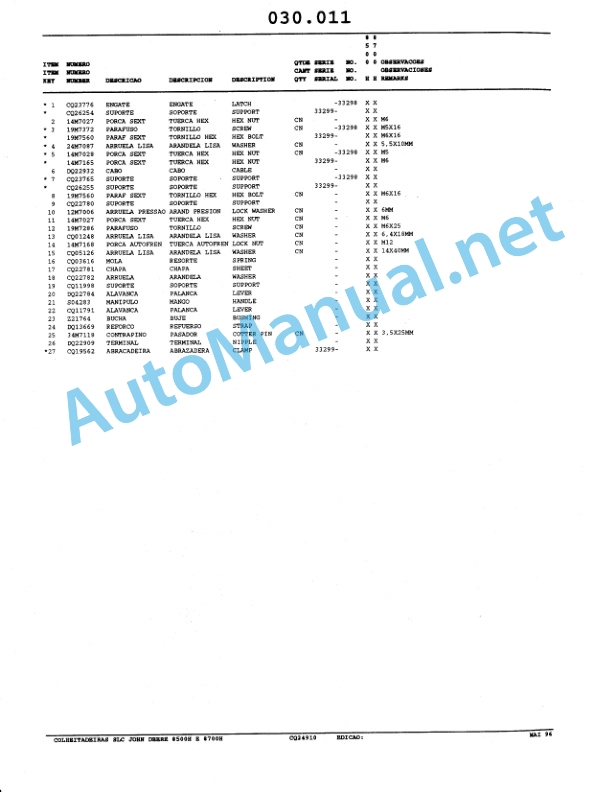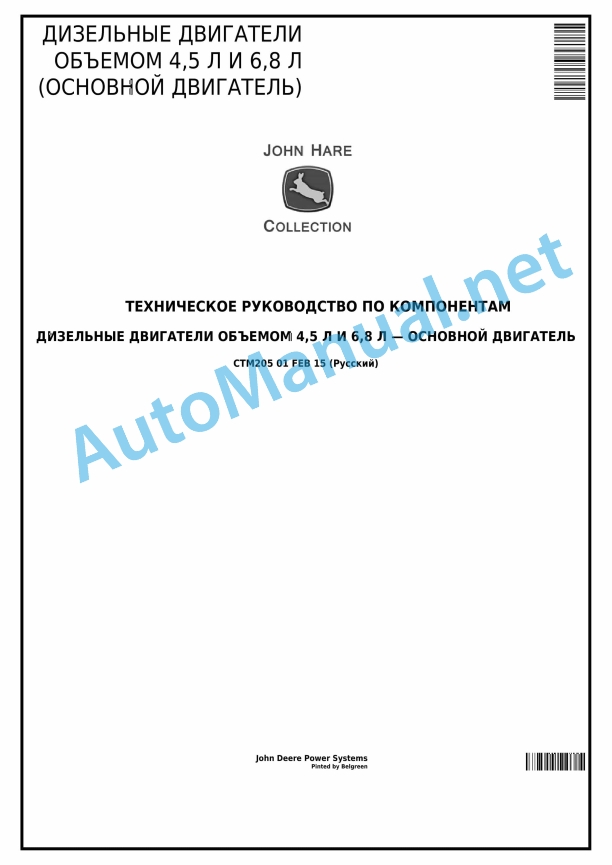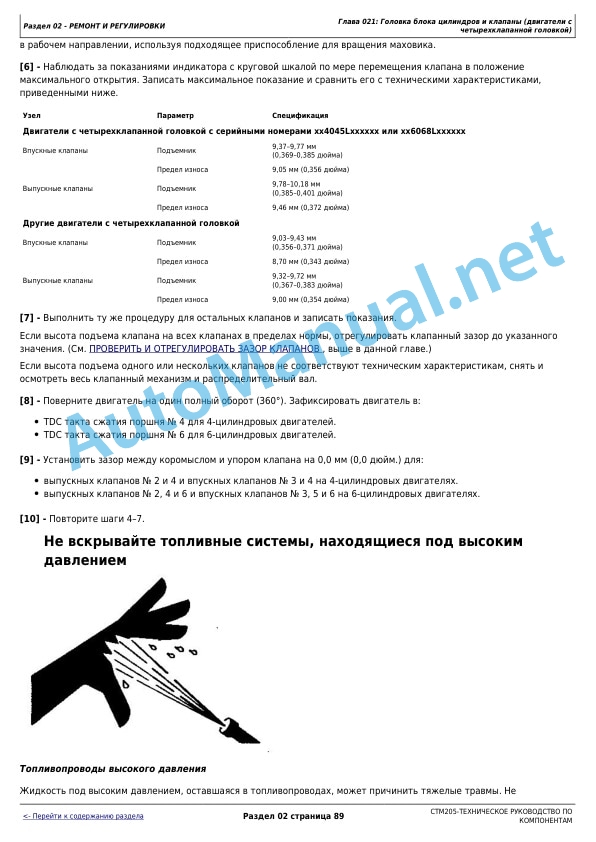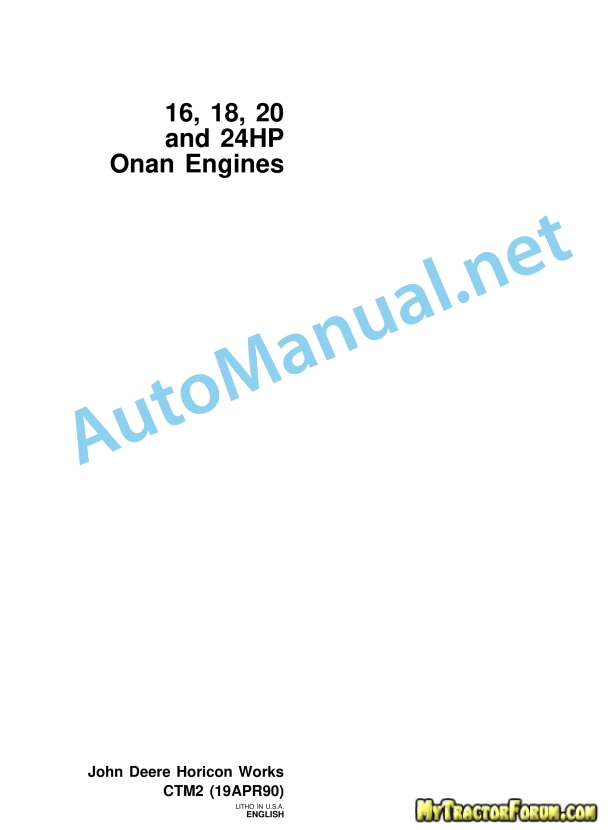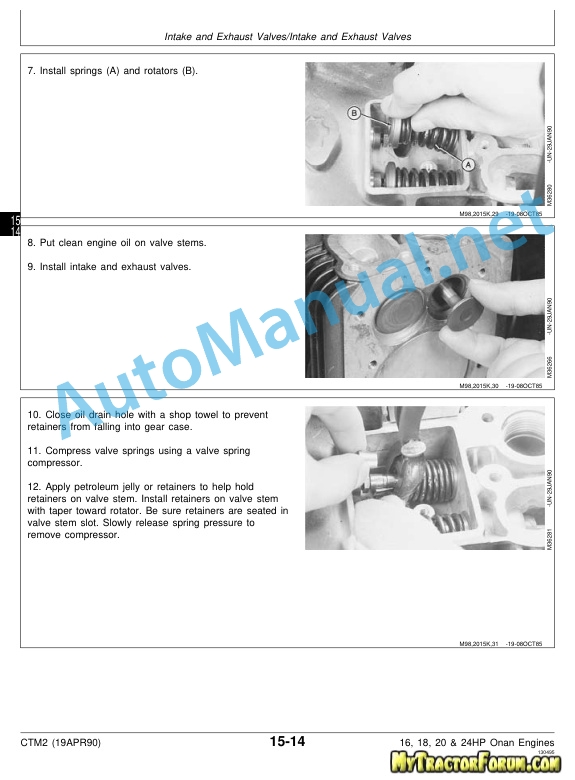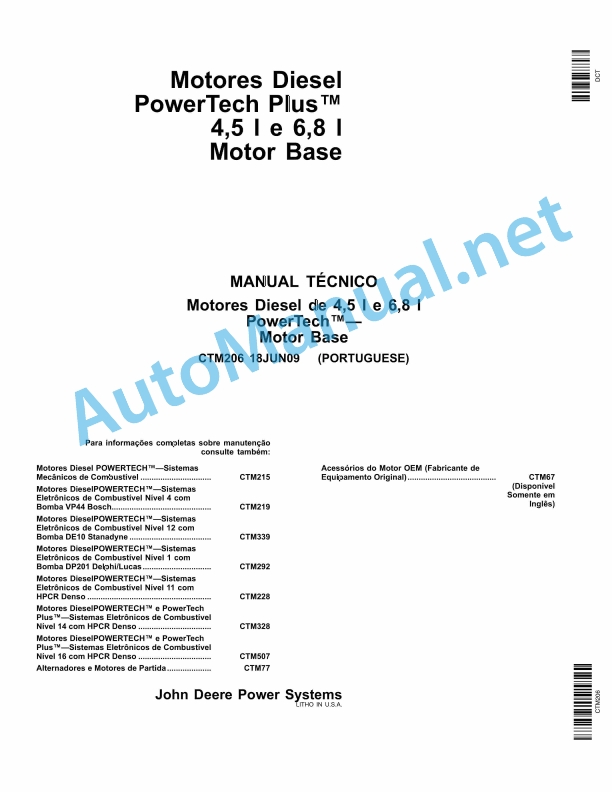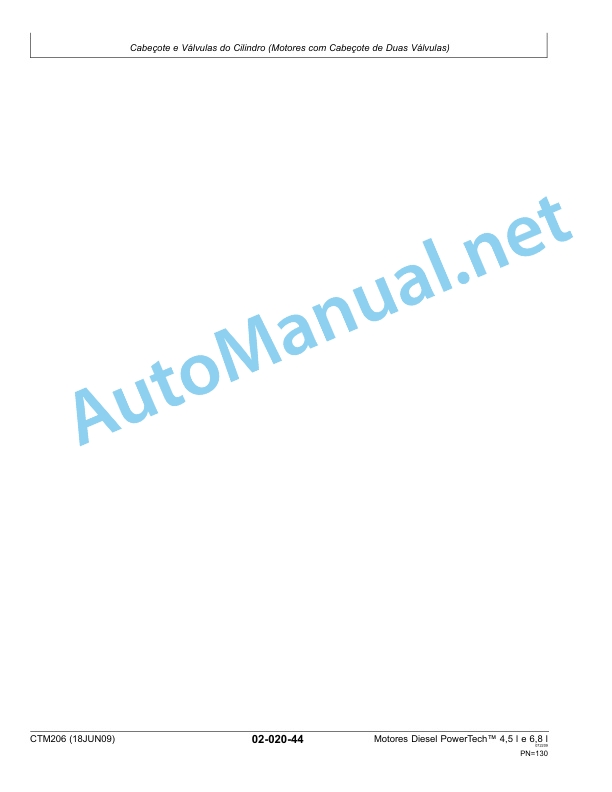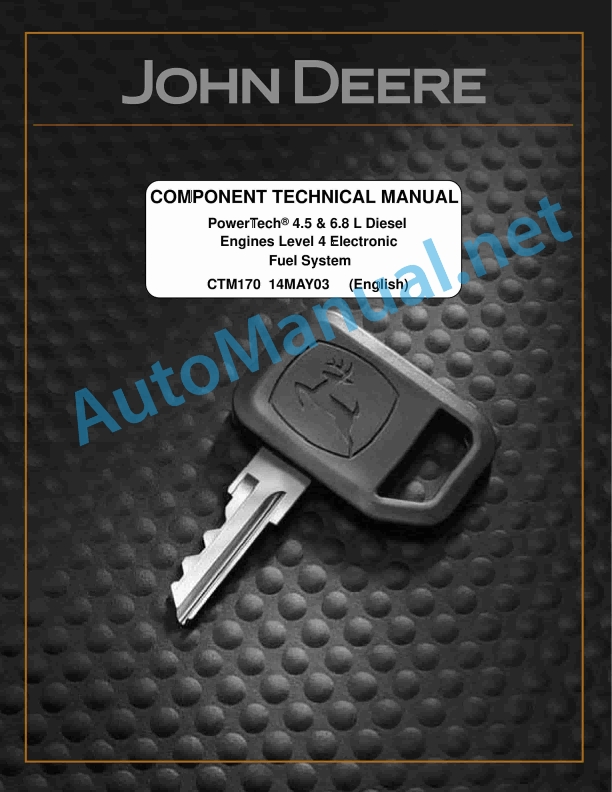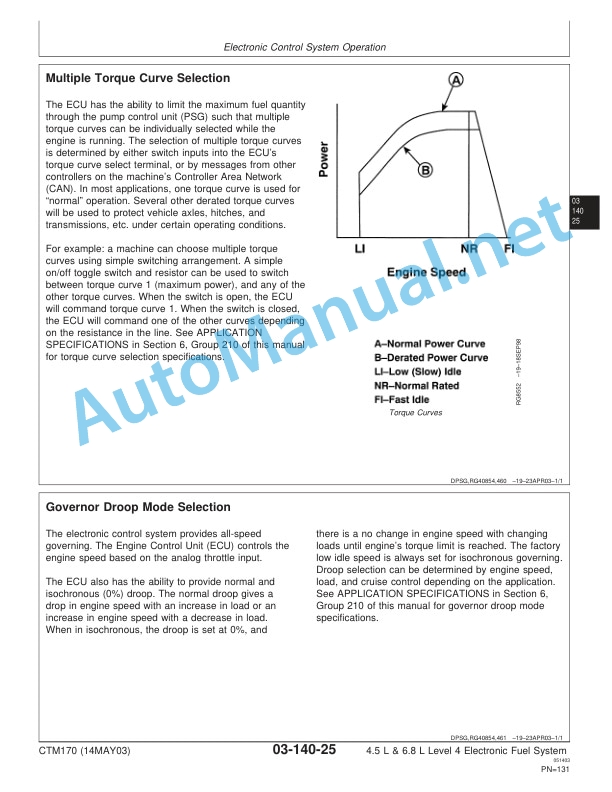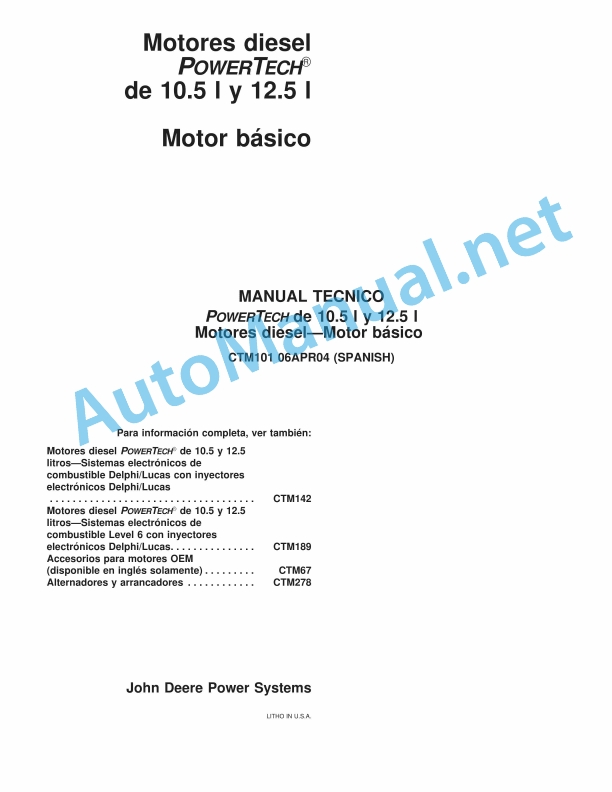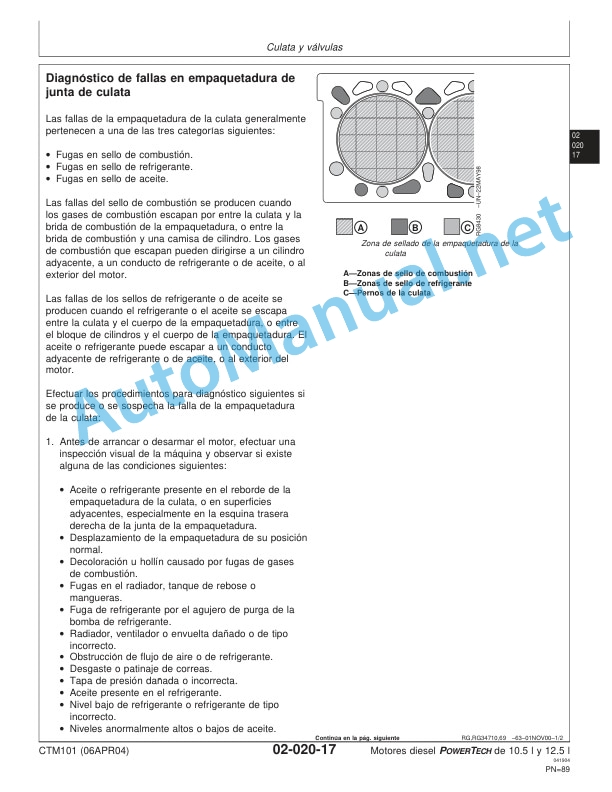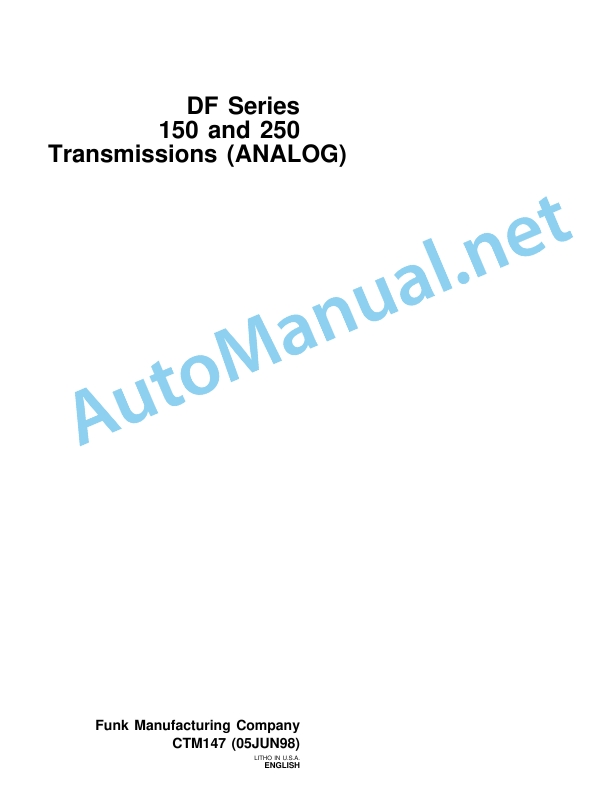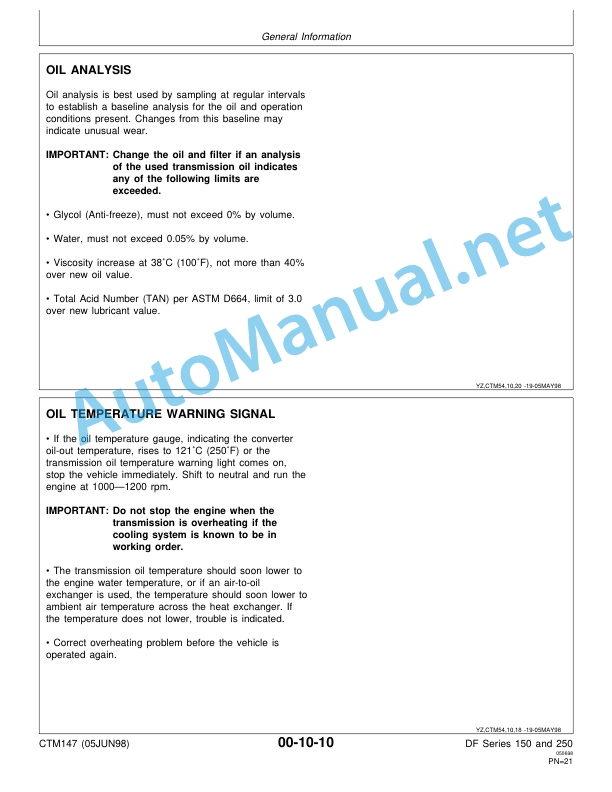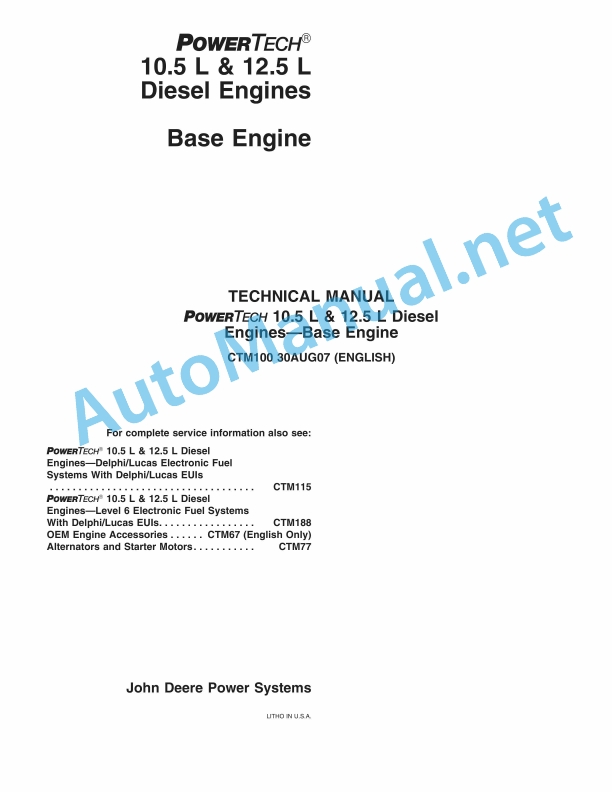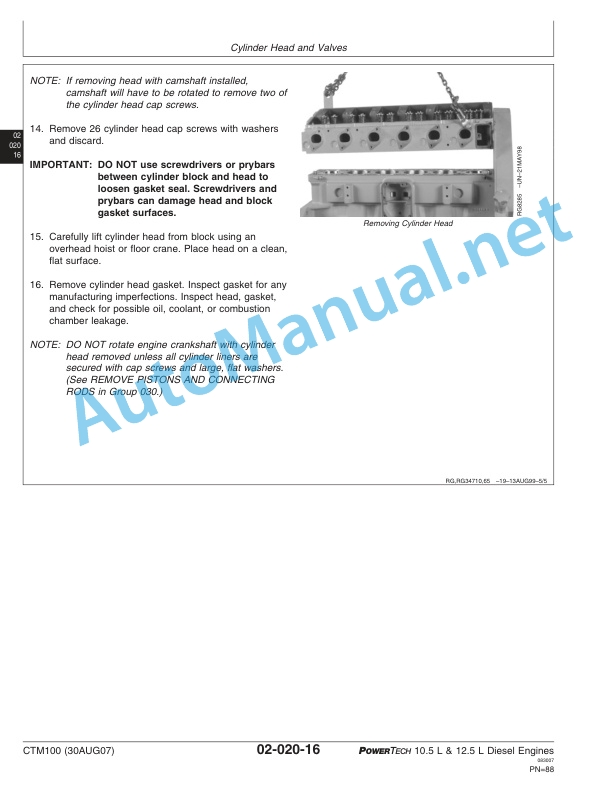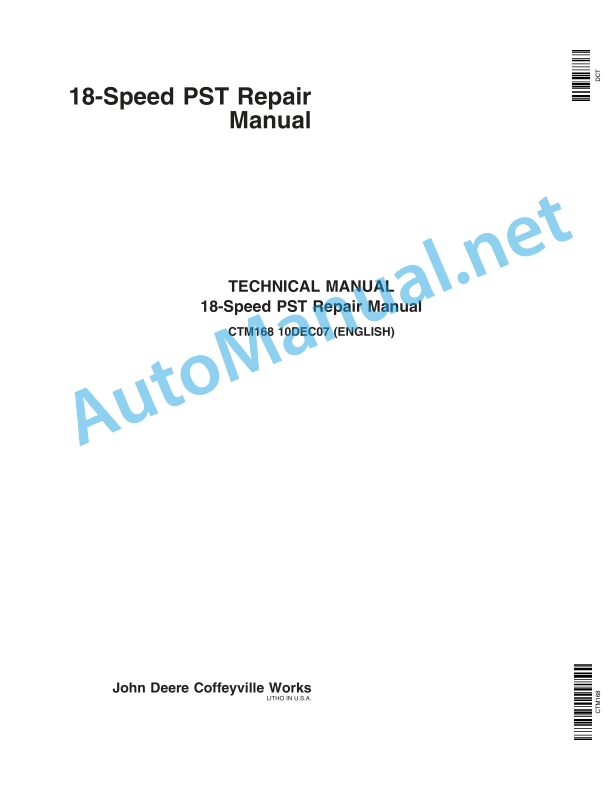Claas Cutterbar Trailer 13,5M-7,7M (521) Combines Operator Manual FR
$50.00
- Model: Cutterbar Trailer 13,5M-7,7M (521) Combines
- Type Of Manual: Operator Manual
- Language: FR
- Format: PDF(s)
- Size: 13.6 MB
File List:
00 0292 241 9.pdf
00 0292 241 9.pdf:
Instructions for use
Contents
1 Introduction
1.1 Information about this notice
1.1.1 Validity of the notice
1.1.2 Information regarding this user manual
1.1.3 Icons and notes
1.1.4 Qualified specialist workshop
1.1.5 Notes on maintenance
1.1.6 Notes regarding warranty
1.1.7 Spare parts and technical questions
1.2 Use in accordance with instructions
1.2.1 Use in accordance with instructions
1.2.2 Reasonably foreseeable misuse
2 Security
2.1 Recognize the warnings
2.1.1 Warning pictogram
2.1.2 Signal word
2.2 Safety tips
2.2.1 Meaning of the instructions for use
2.2.2 Requirements for all people who work with the machine
2.2.3 Children at risk
2.2.4 Dangerous areas
2.2.5 Passengers
2.2.6 Couple the machine with the front tool or cutting carriage
2.2.7 Constructive modifications
2.2.8 Optional equipment and spare parts
2.2.9 Operation only after proper commissioning
2.2.10 Technical condition
2.2.11 Risks in the event of damage to the machine
2.2.12 Respect the technical threshold values
2.2.13 Maintain safety devices in operational capacity
2.2.14 Personal protective equipment
2.2.15 Wear suitable clothing
2.2.16 Remove dirt and moving objects
2.2.17 Prepare the machine for road travel
2.2.18 Risks when traveling on the road and in the fields
2.2.19 Safe parking of the cutting cart
2.2.20 Inappropriate operating consumables
2.2.21 Safety in handling operating consumables and secondary consumable materials
2.2.22 Environmental protection and disposal
2.2.23 Hot surfaces
2.2.24 Work only on the stopped machine
2.2.25 Maintenance and repair work
2.2.26 Machine elements recorded and loads
2.2.27 Risks due to welding work
2.3 Safety marking on the machine
2.3.1 License plate
3 Description of the machine
3.1 Overview and mode of operation
3.1.1 Overview of the cutting carriage
3.1.2 Operating mode of the cutting carriage
3.2 Optional machine equipment
3.2.1 Short drawbar with braking system
3.2.2 Long drawbar with braking system
3.2.3 Long drawbar without braking system
3.3 Nameplates and identification numbers
3.3.1 Cutting carriage nameplate
3.3.2 Drawbar rating plate
3.4 Machine information
3.4.1 Sticker on the transport trolley
4 Technical characteristics
4.1 Transport trolley
4.1.1 Dimensions
4.1.2 Weight
Total weight allowed
4.1.3 Tires
4.1.4 Lubricants
4.1.5 Hydraulic oil
5 Preparing the machine
5.1 Uncouple and secure the transport trolley
5.1.1 Uncouple and secure the transport trailer
5.1.2 Block the transport trailer with a wedge
5.1.3 Place the block on the transport trolley
5.2 Assemble the transport cart
5.2.1 To be carried out before first commissioning
5.2.2 Install the drawbar
5.2.3 Install the braking system
5.2.4 Adjusting the braking system
Loosen the tensioner
Check the mobility of the brake levers
Adjust the brake
Adjust the tensioner
5.2.5 Install the side position lights
5.2.6 Install the wing
5.3 Adapting the transport trolley
5.3.1 Identify the supports for the front tool
5.3.2 Mount type A supports
Position of supports
Prepare the support profile
Install the front support
Adjust the supports
Install the swivel supports
Install the swivel supports
Install the support profile
5.3.3 Mount type B supports
Position of supports
Install the front support
Adjust the supports
Install the swivel supports
Install the support profile
5.3.4 Install type C supports
Position of supports
Prepare the support profile
Adjust the supports
Install the swivel supports
Install the swivel supports
Install the fixing
Install the support profile
5.3.5 Install type D supports
Position of supports
Install the supports
Adjust the supports
Install the swivel supports
Install the support profile
5.3.6 Install type E supports
Position of supports
Install the swivel supports
Install the support profile
5.3.7 Install type F supports
Position of supports
Install the swivel supports
Install the rear support
Install the thatch breaker support
Install the support profile
5.3.8 Install type G supports
Position of supports
Install the swivel supports
Install the support profile
5.3.9 Install type H supports
Position of supports
Prepare the support profile
Install the swivel supports
5.3.10 Install type I supports
Position of supports
Install the supports
Route the cable
Check Bowden cable
Adjust the Bowden cable
5.3.11 Install type J supports
Position of supports
Prepare the support profile
Prepare the support profile
Prepare the support profile
Install the front support
Adjust the supports
Install the swivel supports
Install the swivel supports
Install the support profile
5.3.12 Install the swivel support extensions
Install the swivel support extensions
Adjust the swivel support extension
5.3.13 Install visibility improvement for CONVIO FLEX / CONVIO
Install the indicator on the front tool
Install the indicator on the front tool
Place the console on the cutting carriage
Place the console on the cutting carriage
5.4 Load the transport trolley
5.4.1 Loading and securing the transport trailer
6.1 Transporting the front tool
6.1.1 Start transport
6.1.2 Complete transport
6.1.3 Adjusting the support angle
Adjust the swivel mount
6.1.4 Adjust the pivoting support of type I hydraulic supports
Prepare the pump
Adjust the position of the swivel bracket
After pumping
6.1.5 Adjust the pivoting support of type H mechanical supports
Adjust the position of the swivel bracket
6.1.6 Place the front tool on the transport trolley
6.1.7 Place the front tool on the transport trolley
6.1.8 Lift the front tool from the transport trolley
6.2 Brake
6.2.1 Release the parking brake
6.2.2 Activate the parking brake
6.3 Coupling device
6.3.1 Coupling the transport trolley to the towing vehicle
6.3.2 Uncouple the transport trolley from the towing vehicle
6.4 Electrical system
6.4.1 Adjusting the lighting support
6.4.2 Unfold the lighting support arm
6.4.3 Folding the lighting arm
6.4.4 Adjust the width of the lighting arm
7 Faults and solutions
7.1 Causes and remedies
7.1.1 Overview of incidents on the transport trolley
7.1.2 Adjust the drawbar support
7.1.3 Adjusting the brake shoes
7.1.4 Adjusting the brake levers in parallel
8 Maintenance
8.1 Overview of maintenance frequencies
8.1.1 After the first 10 hours of operation
8.1.2 Every 50 operating hours
8.1.3 Every 100 operating hours
8.1.4 Every 250 operating hours or every year
8.1.5 Every 500 operating hours
8.1.6 Maintenance of the cutting carriage
8.2 Lubrication plan
8.2.1 Lubricate the lubrication points every 50 operating hours
8.2.2 Lubricate the lubrication points every 100 operating hours
8.3 Chassis
8.3.1 Checking the wheel hub bearing clearance
8.3.2 Adjusting the wheel hub bearing clearance
8.3.3 Check the tightening torque of the wheel nuts
8.4 Brake
8.4.1 Check the braking system
8.4.2 Check the parking brake
8.4.3 Carry out a visual check of the braking system
8.4.4 Check the brake reset spring
8.5 Hydraulic system
8.5.1 Check the hydraulic oil level of type I hydraulic supports
8.5.2 Check the tightness of the hydraulic system
8.5.3 Check hydraulic hoses
Marking of hydraulic hoses
9 Decommissioning and disposal
9.1 Decommissioning and disposal
9.1.1 Deactivation and disposal
John Deere Repair Technical Manual PDF
John Deere Parts Catalog PDF
John Deere Harvesters 8500 and 8700 Parts Catalog CPCQ24910 Spanish
John Deere Repair Technical Manual PDF
John Deere Repair Technical Manual PDF
John Deere 16, 18, 20 and 24HP Onan Engines Component Technical Manual CTM2 (19APR90)
John Deere Repair Technical Manual PDF
John Deere Repair Technical Manual PDF
John Deere Repair Technical Manual PDF
John Deere Repair Technical Manual PDF
John Deere DF Series 150 and 250 Transmissions (ANALOG) Component Technical Manual CTM147 05JUN98
John Deere Repair Technical Manual PDF
John Deere Repair Technical Manual PDF
John Deere 18-Speed PST Repair Manual Component Technical Manual CTM168 10DEC07
